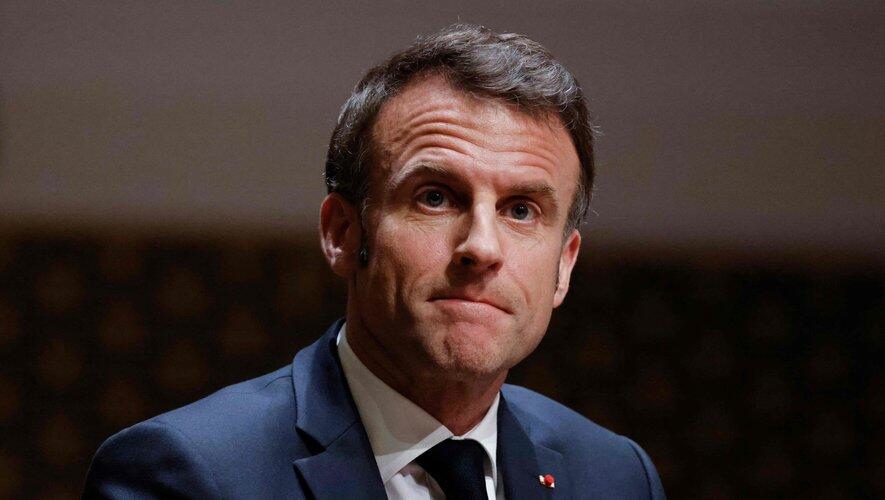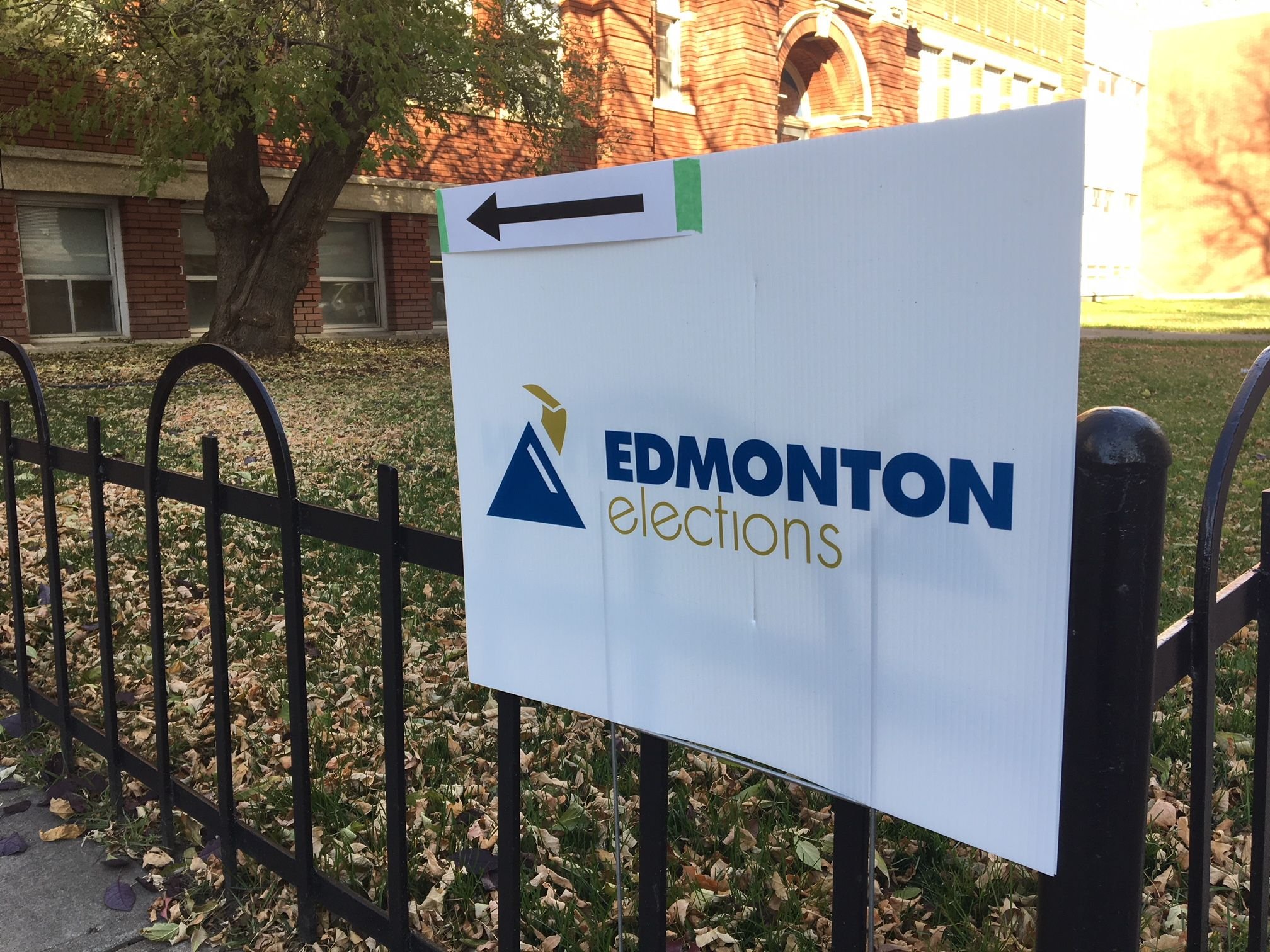Thailand's Economy: The Search For A New BOT Governor And Tariff Implications

Table of Contents
The Search for Thailand's Next BOT Governor: A Crucial Appointment
The Significance of the BOT Governor's Role in Thailand's Economy
The BOT Governor holds a pivotal role in shaping Thailand's economic destiny. This position is responsible for setting monetary policy, influencing interest rates, managing inflation, and overseeing the stability of the Thai Baht. The governor's decisions directly impact the cost of borrowing, investment decisions, and overall economic growth. The ideal candidate possesses extensive experience in monetary policy, a deep understanding of the Thai economy, and strong leadership capabilities. They must be able to navigate complex economic situations and make timely, informed decisions to ensure stability and sustainable growth.
Potential Impacts of the New Governor's Policies on the Thai Baht
The new governor's approach to monetary policy will significantly influence the value of the Thai Baht. A "hawkish" governor, prioritizing inflation control, might raise interest rates, potentially strengthening the Baht but potentially slowing economic growth. Conversely, a "dovish" governor might prioritize economic growth, potentially weakening the Baht but stimulating investment and exports. Exchange rate volatility resulting from these policy decisions can dramatically affect Thailand's export-oriented industries and import costs.
The Governor's Influence on Foreign Investment in Thailand
The choice of the new BOT governor will significantly impact investor confidence and foreign direct investment (FDI) flows into Thailand.
- Positive Impacts: A governor with a strong reputation for stability and sound economic management can attract greater FDI, boosting economic growth and creating jobs.
- Negative Impacts: Conversely, uncertainty surrounding the new governor's policies or perceived lack of expertise could deter investment and lead to capital flight.
Tariff Implications and their Impact on Thailand's Economic Growth
Current Tariff Landscape in Thailand
Thailand's current tariff structure is a complex mix of various rates applied to different imported goods. Recent changes and proposed reforms reflect a balance between protecting domestic industries and participating in global free trade agreements. Specific sectors like agriculture, manufacturing, and even tourism are significantly impacted by tariff adjustments. Understanding these structures is crucial to comprehending the overall impact on Thailand's economy.
The Impact of Global Trade Wars on Thailand
Thailand's export-oriented economy is particularly vulnerable to global trade tensions and tariff disputes. Escalating trade wars can lead to retaliatory tariffs imposed on Thai exports, potentially damaging key industries and impacting overall growth. The country must carefully navigate these challenges to minimize negative impacts on its economic performance.
Balancing Economic Growth with Tariff Policies
Thailand faces a constant challenge in balancing its pursuit of economic growth with the strategic use of tariffs. Protectionist policies can shield domestic industries but may lead to higher prices for consumers and reduced competitiveness in the global market. Conversely, free-trade policies encourage competition and innovation but can expose domestic industries to greater competition.
Interplay Between the BOT Governor and Tariff Policies
The Influence of Monetary Policy on Tariff Impacts
The BOT governor's monetary policy decisions can significantly affect the impact of tariffs on the Thai economy. For example, a tightening of monetary policy might offset inflationary pressures caused by protective tariffs. Conversely, loose monetary policy could exacerbate inflationary pressures. The interaction between these two policy instruments requires careful consideration and coordination.
Coordinating Fiscal and Monetary Policies for Optimal Economic Outcomes
Effective communication and coordination between the BOT and the Thai government's fiscal authorities are crucial for optimal economic outcomes. A well-coordinated approach ensures that monetary and fiscal policies complement each other, maximizing positive effects and minimizing potential conflicts. This synergy is essential for navigating the complexities of Thailand's economy.
Conclusion: Understanding the Future of Thailand's Economy
The appointment of the new BOT Governor and the ongoing debate around tariffs are pivotal in shaping Thailand's economic future. These two elements are intricately linked, influencing each other and collectively shaping the country's economic trajectory. Understanding their interplay is essential for assessing Thailand's economic prospects. Follow the developments in Thailand's economy closely to understand the implications of the new BOT Governor’s policies and the ongoing discussion on tariffs affecting Thailand's economic future. Stay informed about the new BOT Governor's policies and their potential impact on the Thai Baht and foreign investment. Understanding these dynamics is key to navigating the complexities of Thailand's economy.

Featured Posts
-
 King Protiv Maska Pisatel Vernulsya V X S Rezkoy Kritikoy
May 09, 2025
King Protiv Maska Pisatel Vernulsya V X S Rezkoy Kritikoy
May 09, 2025 -
 Nhls Draisaitl Suffers Injury Impact On Edmonton Oilers
May 09, 2025
Nhls Draisaitl Suffers Injury Impact On Edmonton Oilers
May 09, 2025 -
 Leon Draisaitl Injury Oilers Star Out Against Winnipeg
May 09, 2025
Leon Draisaitl Injury Oilers Star Out Against Winnipeg
May 09, 2025 -
 Wynne Evans And Girlfriend Liz Enjoy Cosy Date Amidst Bbc Meeting Postponement
May 09, 2025
Wynne Evans And Girlfriend Liz Enjoy Cosy Date Amidst Bbc Meeting Postponement
May 09, 2025 -
 Family Support For Dakota Johnson At Materialist Film Screening
May 09, 2025
Family Support For Dakota Johnson At Materialist Film Screening
May 09, 2025
Latest Posts
-
 14 Edmonton Area School Projects Fast Tracked By Minister
May 10, 2025
14 Edmonton Area School Projects Fast Tracked By Minister
May 10, 2025 -
 Scaling Tech And Innovation In Edmonton The Unlimited Strategy
May 10, 2025
Scaling Tech And Innovation In Edmonton The Unlimited Strategy
May 10, 2025 -
 Edmonton Unlimited A New Strategy For Global Tech Leadership
May 10, 2025
Edmonton Unlimited A New Strategy For Global Tech Leadership
May 10, 2025 -
 Impact Of Greater Edmontons Federal Redistribution On Voters
May 10, 2025
Impact Of Greater Edmontons Federal Redistribution On Voters
May 10, 2025 -
 Oilers Projected To Win Analyzing Edmonton Kings Playoff Series Odds
May 10, 2025
Oilers Projected To Win Analyzing Edmonton Kings Playoff Series Odds
May 10, 2025
